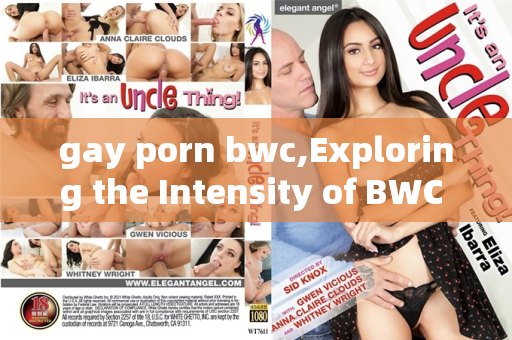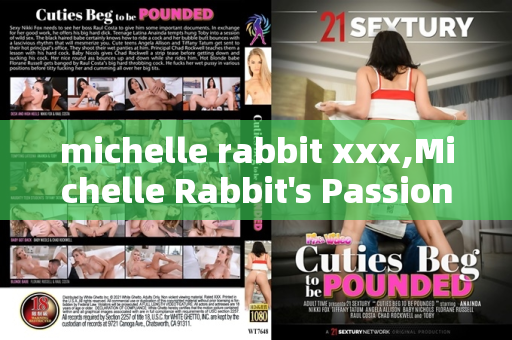
In recent weeks, the internet has been abuzz with discussions surrounding the exclusive leak of Lyla Fit's content. This event has garnered significant attention, captivating both her loyal followers and the broader social media audience. The excitement surrounding the leak is not just about the content itself, but also about what it represents in terms of privacy, digital ethics, and the evolving landscape of content sharing in the digital age.
Lyla Fit, a well-known fitness influencer and model, has built a reputation for her inspiring fitness journey and her commitment to promoting body positivity. With a massive following across various platforms, she has become a beacon of motivation for many looking to improve their health and fitness. The leak, however, raises important questions regarding the implications of personal content being shared without consent. It highlights the vulnerabilities that public figures face in the digital world, where privacy can easily be compromised.
The leaked content, which reportedly includes personal videos and behind-the-scenes material, has sparked both intrigue and controversy. While some fans are excitedly discussing the content and analyzing its details, others are expressing concerns about the ethics of viewing and sharing material that was meant to be private. This situation underscores the duality of the internet; while it can serve as a platform for empowerment and individuality, it can also become a breeding ground for exploitation and disrespect. The incident serves as a reminder of the importance of consent and the need to prioritize the privacy of individuals, regardless of their public status.
Moreover, this event has ignited discussions around the broader implications of leaks in the fitness and influencer industry. As more people turn to social media for inspiration, the line between public and private life becomes increasingly blurred. Influencers like Lyla Fit often share their journeys in a bid to connect with their audience, but events like this highlight the risks involved in that openness. It begs the question: how much should public figures share, and at what cost? This incident might encourage influencers to rethink their content strategies and consider the potential consequences of their online presence.
In response to the leak, Lyla Fit has addressed her followers, emphasizing her commitment to transparency while also advocating for respect and understanding of personal boundaries. Her reaction reflects a mature understanding of the complexities involved in navigating fame in the digital era. By using this situation as a teaching moment, she not only reaffirms her values but also empowers her audience to engage in conversations about privacy and consent.
Ultimately, the leak of Lyla Fit's exclusive content serves as a pivotal moment in the ongoing dialogue about the intersection of fame, privacy, and ethics in the digital landscape. It invites us all to reflect on the responsibilities that come with sharing content online, whether as a creator or a consumer. Moving forward, it is crucial for both influencers and their audiences to cultivate a culture of respect, ensuring that the digital space remains a safe and supportive environment for all.









